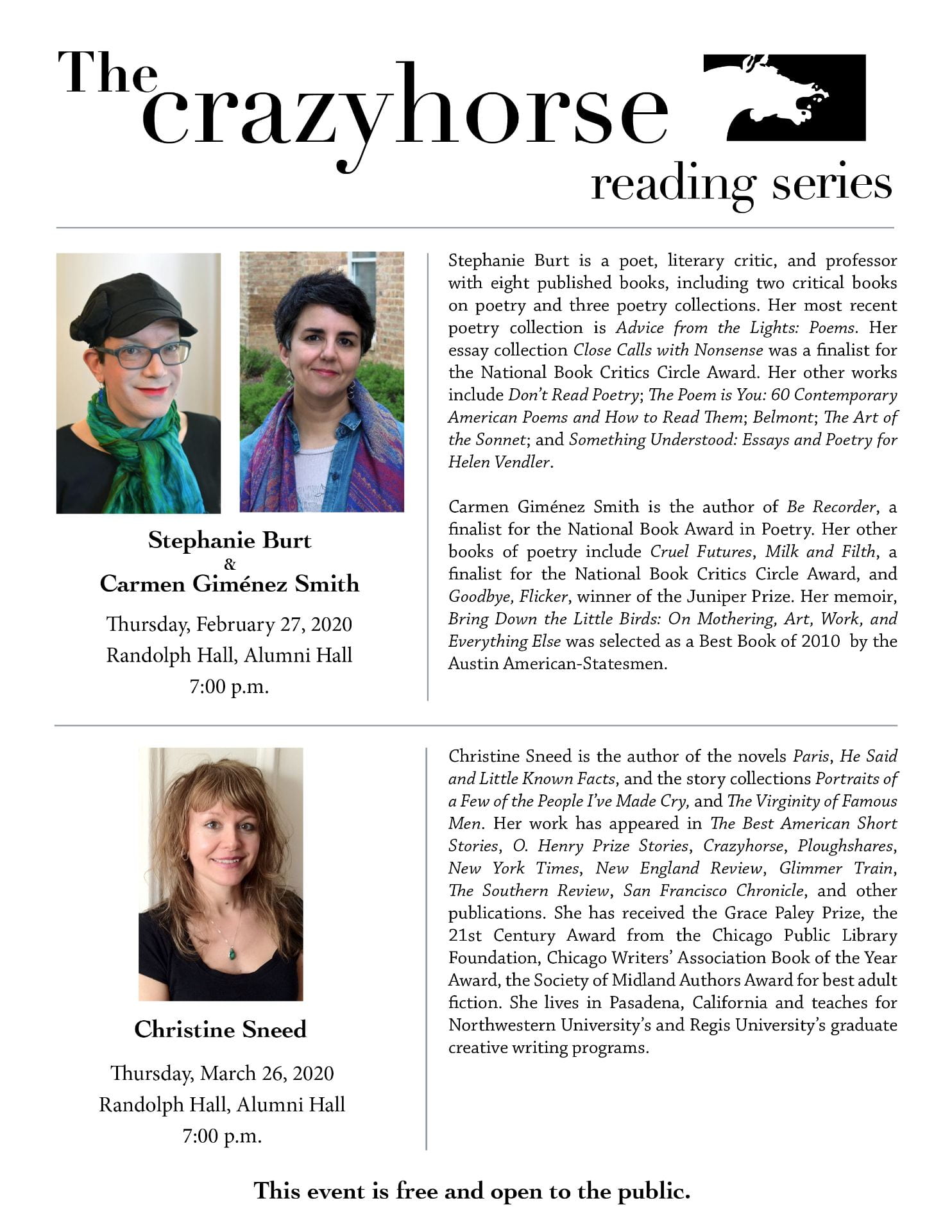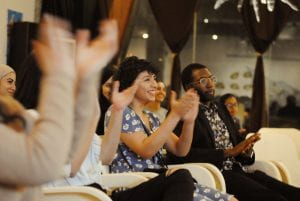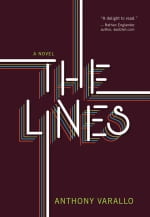During the Spring 2020 semester, two first-year MFA students–poet Joshua Garcia and fiction writer Lauren Cortese–taught creative writing online to University of Bahrain students. Their planned travel to Bahrain in April was cancelled due to the COVID-19 pandemic.
Though writing is often a solitary pursuit, one of the greatest joys that comes with writing is finding a group of people to explore that pursuit with. This Spring, I was fortunate enough to find such a group with undergraduate students at the University of Bahrain. Through the College of Charleston and the University of Bahrain’s Creative Writing Mentorship Program, I was able to meet with students weekly via Skype to share about the art of poetry and creative nonfiction. I wasn’t sure what to expect from the program given our geographic distance, cultural backgrounds, and varying levels of familiarity with creative writing, but I found myself looking forward to our meetings every week. The excitement and curiosity with which my students explored their own writing was infectious, and I found myself motivated to push my own writing along with my students. It’s this mutual exchange of encouragement and exploration which makes a writing community so valuable, our time together fueling the time we spend isolated with paper and pen.
We learned a lot about creative writing as we surveyed different poetic forms and the contemporary and versatile genre of creative nonfiction, but what I most enjoyed was how much I was able to learn about my students through reading their work. I was able to get a glimpse of this in class, especially in the last ten minutes of our sessions, which I saved for unguided conversation. We gushed over the Oscars, shared Netflix recommendations, and talked about each of our studies and what we hope to do upon graduation. But I was also able to learn so much through their writing about Bahraini food, culture, family life. I read impassioned lyric essays about their favorite colors, poetry that dug deep into wells of personal strength, and creative nonfiction which challenged gender and generational expectations in really interesting ways.
This virtual community of writers proved even more meaningful as we entered a worldwide pandemic together. It would be difficult to share about our experience of this program without addressing the impact of COVID-19. Naturally, a planned trip to Bahrain was cancelled due to the pandemic, but for me the greater impact was how much more together we felt even as our plans to meet in person were foiled. My students began self-isolating and conducting their studies virtually weeks before it was clear we would join them in this new mode of living. Eventually, we all faced extended time at home with limited social interaction and the unique rigors of virtual learning, but our meetings continued as normal and proved to be a time of solace (for me at least) as we came together, though half a world apart, under global circumstances. This time of community kept me sane and made our pursuit of creative writing that much more consequential. One of my students unfortunately lost her grandmother to the pandemic, and she turned her writing into a tool for navigating her grief. Other students were able to reflect on the world we live in now and wrote beautifully of how the world could be. I’m beyond thankful for this experience for a number of reasons, but to find this community of writers at a time when the world demands we use our imaginations was invaluable.
Our time together culminated in a virtual reading with students also taught by my colleague Lauren Cortese. Though not the in-person reading we had hoped for, the joy and pride our students radiated as they shared their work was not lost on our screens. I encouraged my students while discussing the revision process that the act of writing and of continuing to write is an investment we make in ourselves. With the time and energy we put in it, we say to ourselves, What is inside of me matters. When we share the fruit of our labor with others, we say to ourselves, My voice deserves to be heard. If anything, I hope this sticks, and I look forward to hearing those voices again and again and again.












